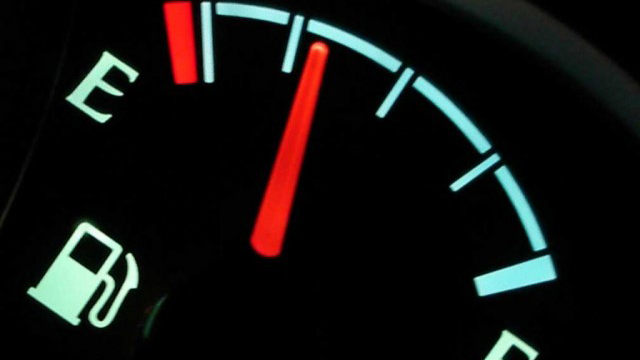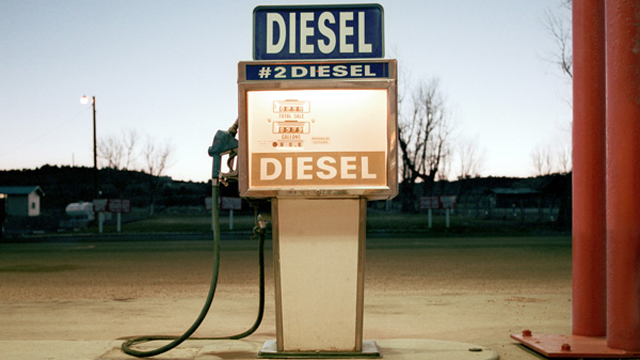
When you are in the market for a new car and you’re talking to a friend about saving money, buying a hybrid car might sound like a great idea. However, there is more to the picture than you might see. While hybrid cars appear to be more environmentally friendly and cost-effective, it will take a while to recoup your initial cost in just gas savings. Still feeling like jumping on that new Toyota Prius? Keep reading, as there are several reasons why the negatives of hybrid cars outweigh the benefits:
Price Is Too High

When comparing straight numbers, one can see that hybrid cars are in general more expensive than their gasoline-run counterparts. In fact, hybrid vehicles can be as much as 20 percent more expensive than its gasoline-powered cousins. Electric or part-time electric models can cost even more to purchase outright. Just take a look at this chart to see how they compare:
|
Model |
Hybrid MSRP |
Conventional MSRP |
Difference |
| Honda Civic | $26,990 | $15,690 | $11,300 |
| Toyota Highlander | $34,180 | $43,720 | $9,540 |
| Hyundai Sonata | $25,999 | $28,249 | $2,250 |
Much of the extra cost comes from the expense of the new gas-saving technology found in hybrids. While dealers might claim that the additional cost will be made up quickly in gas savings, this can be a much more long-term process and not worth it just for a few bucks less on gas. Although you may be eligible to receive incentives and federal tax credits for your new purchase, popular models from Toyota and Honda usually do not offer such credits anymore.
Gas Mileage Is Not Worth It

When asked why one chose to purchase a hybrid car, the most popular reason given is gas savings and better mileage. While hybrid cars are in theory more efficient and easier on the gas tank, the savings only amount to a large number over a significant time period, not adding up to much in the short term. It is not uncommon to take several years before the gas savings make up for the initial higher cost of the hybrid car, depending on how many kilometres you drive annually. Consider the 2014 Toyota Camry for instance. The conventional model comes attached with an MSRP of $23,750, whereas the 2014 Toyota Camry Hybrid costs $27,760, making the additional investment $4,010. Assuming you save a generous $50/month on gas, it would take you between 6 to 7 years to fully recoup the additional investment cost.
There Are Cheaper Alternatives

If fuel-efficiency is one of your key concerns, note that there are plenty of suitable cars in the market that cost less than a hybrid, such as clean diesel cars like the Volkswagen Jetta TDI. Although diesel used to have a reputation for being dirty and sluggish, this is without a doubt a thing of the past due to new diesel fuel technologies, like the Mercedes-Benz BlueTec system and federal limits on particulates, resulting in smooth functioning.
When looking at fuel economy, diesel-powered cars are nearly as good as some of the hybrids in the city and they can even outperform some of the hybrid cars on the highway. Diesel may cost more than regular gasoline but it’s much richer in energy, resulting in less frequent visits to the pump. Also note that a diesel vehicle will be worth more than the average vehicle at trade-in time, adding further incentive to switch to this type of car.
Hybrid Cars Harm the Environment

Yes, it’s true. While environmental concerns might drive up the sales of hybrid cars, the fact of the matter is that they are still primarily gasoline-fuelled engines. They might use less gasoline, depending on your driving style, but gas is being burned in the internal combustion engine nonetheless, spewing out all the by-products such as carbon monoxide.
Furthermore, the batteries inside hybrid cars are made from rare elements like lithium and cobalt. Mining for those minerals is an extremely destructive process, and one that has left entire mountains leveled in their wake. Also, when charging your hybrid car using a power outlet, note that electricity isn’t always cleaner than gasoline. More than 45 percent of electricity in the U.S. is generated by coal-powered plants, resulting in more greenhouse gas emissions.
While hybrid cars might be best suited for those doing a lot of city driving, others can look elsewhere for better savings and value for money.







